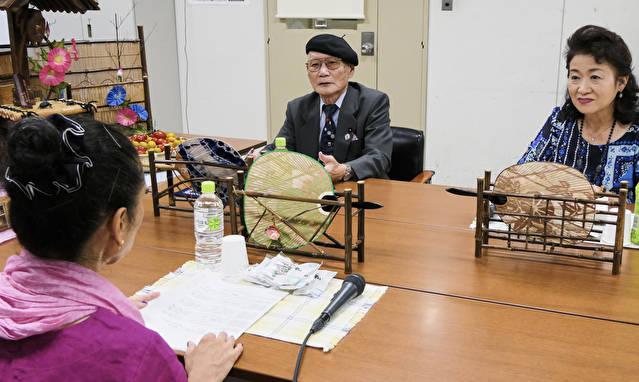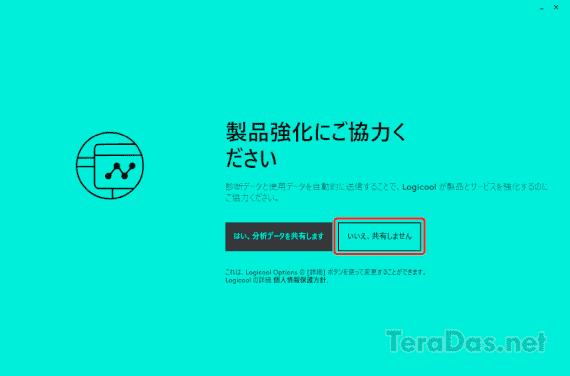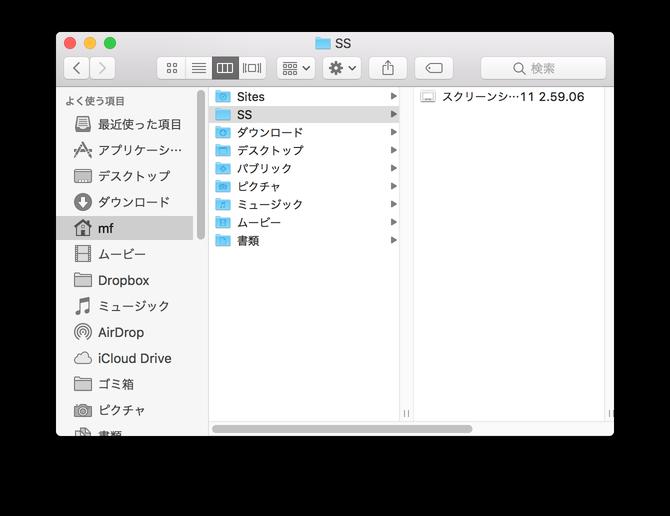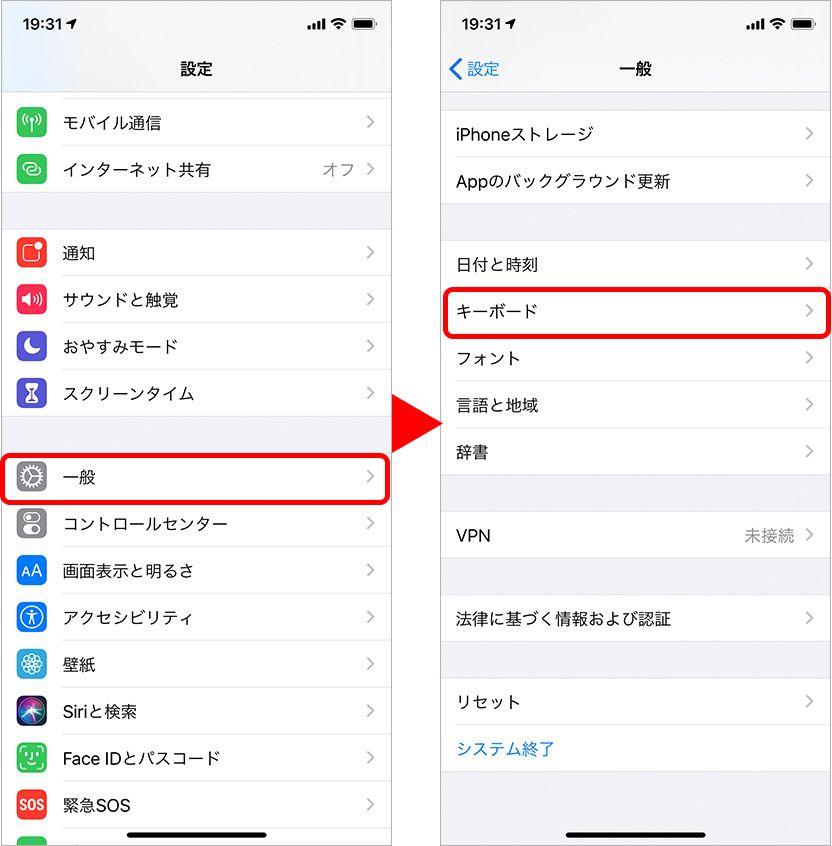Listeners are inmates - DJs of "prison radio"
You currently have JavaScript disabled
You need to enable JavaScript to use all the features.
To enable JavaScript settings List of special archive articlesOrtus Japan
2017/09/19 (Tue) 11:16 delivery
Original``Good evening, this is Yutaka Hojo. Last Monday of every month, 7:30pm. In Toyama Prison, a radio program begins with the voice of a light-hearted disc jockey (DJ). On the program, the DJ read out a message from an inmate who said, "I was told not to grow up to be a person who would point fingers at me, but I've become a far cry from becoming a human being," and played a requested song. "Prison radio" broadcast only in prison. I visited prisons in Toyama and Wakayama prefectures for volunteers who make programs. (Yahoo! News Feature Editorial Department)
38-year-old radio inside the wall
Toyama Prison is located about 20 minutes south of Toyama Station by car. "730 Night Hour" is played on the other side of the high wall from 7:30 pm to 9:00 pm on the last Monday of every month. The first broadcast was on December 20, 1979, and it will be the 38th year this year.
Even in this broadcast on July 31, which was the 427th, Mr. Yutaka Hojo's narration was light. His real name is Tsunetoyo Kawagoe and he is 76 years old. He is the chief priest of Seigen Zenji Temple in Toyama City. I used to be a DJ at a local commercial radio station. He volunteered as a prison radio DJ 38 years ago and has never taken a break.
"730 Night Hour" with two women continued to perform well on this day as well. what kind of program is it? I wonder what kind of thoughts the prisoners have through the program. First, I would like you to watch the video (about 8 minutes).
200 Character Messages
The 730 Night Hour is always soliciting messages from inmates. A theme is decided for each time, and the inmates spell their thoughts on a 200-character card and request a song. This July's theme was "Favorites".
One inmate wrote that "730 Night Hour" was his favorite food and swore:
"Oath, I will finish this month's 730 and swear to graduate from 730 over 27 years. Thank you very much, teachers. Thanks to this 730, I can lower my motivation during hard times and painful times. I am very grateful that I was able to live a prison life as a support for my heart.I was soothed by the episodes of other prisoners, and I repeatedly squeezed my head for next month's theme, which will be announced at the end. The time spent in prison has become a treasure that I will never forget for the rest of my life."
After this message was read, DJ Hojo Yutaka spoke with a joke.
"Well, thank you for your hard work for 27 years. If you really return, please forget about 730. And I would like you to listen to new things and carve good things in your heart. In the unlikely event that I enter (Toyama Prison) next time, I will no longer be here.”
The program also introduced the voice of an inmate who wrote down memories of his deceased mother.
"Kabocha hoto, a local dish of Yamanashi, my hometown, is my favorite food. Especially the hoto made by my mother is my favorite. Now I have left my hometown and my mother has passed away. However, my sister has inherited the taste of my mother, so when I go home, I look forward to eating the hoto that my sister made. One of my favorite things to look forward to is visiting my sister's grave and eating the nostalgic pumpkin hoto that my sister makes."
What is the role of the program "730"?
Even though he himself is getting old and thinks that this role is about to end, Kawagoe-san cannot quit DJing. Because "they are waiting." I get dozens of messages and requests every month.
"If you put them out individually, they won't be featured on the program, so they come by the factory (in the prison). Although they (inmates) are detained, they can watch TV and read magazines. I can read it, but there is no real voice.I want to hear the fresh voice from the outside.”
Mr. Kawagoe has his own ideas about the comments that are returned to the 200-character message.

"Extremely speaking, it's like laughing. Because they have been deprived of their freedom (of the comments they return), that freedom gives them the desire to return as soon as possible. Picked up. The joy of being accepted, of being in tune with me, of being sympathetic to me (joy). If you add slack and repeat it, you will grow a small bud that says, ``I can do it with confidence.'' I think that's what this 730 is."
DJ for 38 years. There were many unforgettable messages. In particular, the card for this May program on the theme of "mother" left an impression on me.
A message that Mr. Kawagoe will never forget. It started with, "Various things run around, such as giving her a shoulder patting ticket for her mother's birthday," and continued like this.
"I can't write everything on this request form. My mother is now 76 years old. Did she have any hobbies of her own? Did she have time for herself? What she wants to do, what she wants to do in the future. Did you have a dream or something?Please keep memories in my album for a long time from now on.When I am released from prison in August, let's go out and eat something delicious.Sushi, steak, or Marugame udon. Is it okay?"
Mr. Kawagoe says.
"I'm sorry. It's difficult to write in 200 characters. But they are improving themselves by reading books and talking. It's really organized. Here. Writes a message so deep that it makes you want to talk.My wish is, 'I've written so far, so that I won't repeat the offense.'I want this one to be the last.I want to enter the facility. I want you to finish with (message card) that promissory note.
Prison radio helped me
Koji Sasaki (pseudonym), 51 years old, who was serving time in Toyama Prison until March 2016, has forgotten "730 Night Hour" even now. without He said that at 16 he joined a gang and from 18 he was using methamphetamine.
Those days for Mr. Sasaki have changed. After he was released from prison, he quit the gang and worked as a staff member at a drug rehabilitation facility in Toyama City. She has a child who was separated from her when she was 2 years old, and is definitely on the road to rehabilitation.
"I wrote (on a message card), 'I'm thinking of going to a drug rehabilitation facility, what do you think?' Like, can I go?"
“Yutaka Hojo” read it aloud and said, “If your child is waiting for you, be serious.
"I think so. There are places that pushed me back. Thanks to listening to (radio), I'm connected here and I'm about to rehabilitate. That's why I'm grateful. Thank you now. I want to say
During his 2 years and 10 months in prison, Sasaki made about 20 requests for songs such as Ikimonogakari's "Thank You". It is said that he expressed his gratitude to the child for being born.
"If you listen to it here (outside the prison), you may remember the same thing if you listen to it inside (the prison), but you can't meet (the child in prison) even if you want to. (The song) When I get called, I remember what he's doing, and my nostalgia doubles."
I will go see my child when I have the confidence to stop taking stimulants in the future. That's my goal now.
For female prisoners in Wakayama
According to Yahoo! , Sapporo, etc. Wakayama Prison, a facility for women, broadcasts twice a month under the name of "Canary's Voice." It is said that this year is the 11th year.
The DJ of "Canary's Voice" is Chieko Mukai (67), who usually hosts weddings and events. She said she had previously been in charge of a radio show on a local FM station, and she thought she could do something for the inmates, and she said prison radio was a reality. The program starts at 5:00 pm and lasts for 30 minutes. Inmates listen as they eat dinner.
August when I visited for coverage. In the message sent by the inmate who requested Masaharu Fukuyama's "Let's become a family," the sentence was spelled as follows.
"I have a husband and a child, and I was imprisoned. When I listen to the lyrics of this song, I feel the importance and gratitude of my family. It's a song that makes me realize that I'm not alone.I think I'm alive because everyone was there, including my parents, husband, children, and my husband's parents.The importance of being grateful to your parents and family, I have learned a lot during my time in prison, and I will do my best with my family so that I can make use of what I have learned in society.”
Listen to the radio and be positive one step at a time
Ms. Mukai, a DJ, said, "Since we're both women, I understand how it feels to write about children. I once introduced a requested song with tears in my eyes." I was at a loss for words many times." There is an inmate who is especially unforgettable. She first requested Ai Otsuka's "Cherry".
"It seems that the child passed away, and it's painful to remember, but I mustered up the courage to make a request. After that, the inmate received many requests, and I realized that step by step, I was getting positive. I made it."
On the day of the interview, this woman's message was introduced again at the end of the program.
"Until now, I've only requested songs that remind me of my late daughter, but now that I'm about to be released from prison, I want to send this message to everyone who supported me for a long time, saying that I'm fine." I want to deliver the song.Thank you to everyone who cried and laughed together and made me so positive.I'm worried if I can laugh and say goodbye (to prison) at the end, but I hope everyone can return to society as soon as possible. I pray that
The requested song at this time was "Thank you" by Yosui Inoue and Tamio Okuda.
I wonder what Mr. Mukai, who continues to be a DJ, thinks.
"Those who didn't open their hearts in the beginning can find courage, open their hearts, be positive year by year, and see how they get stronger. I'm happy about that. It's been 11 years in a row." But I have never wanted to quit, nor have I ever wondered when I should quit.”
[Production cooperation] Ortus Japan [Photo] Photography: Eiji Tokuno, Ortus Japan















